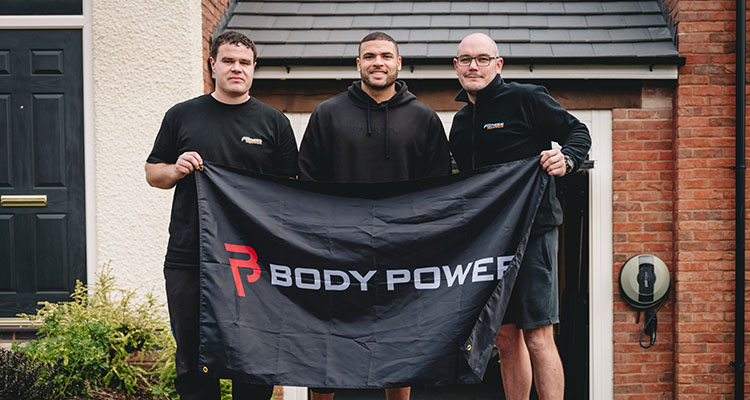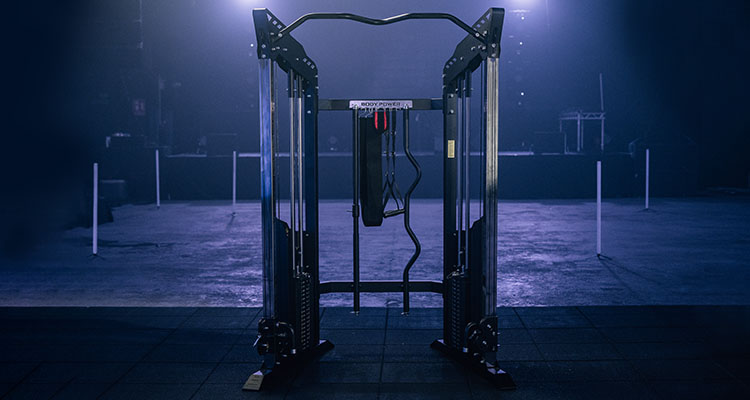Everything you need to know about progressive overload
Stuck in a training plateau, where you’re struggling to increase the weight you’re lifting, or the number of reps you’re performing? Progressive overload could be the answer you’re looking for to help push past that barrier. But what is progressive overloading, and how do you incorporate it into your training routine?

What is progressive overload?
If you’re new to strength training, results tend to come quickly as your body adapts to the increased workload. However, if you’re not continually pushing yourself further during your weightlifting sessions, progress tends to slow down to the point of plateauing.
Progressive overload involves slowly upping the ante of your workouts over time to overcome the plateau, increasing the stress on your body and forcing your body to react to the extra demand.

How is progressive overload done?
Here are four ways you can adopt the progressive overload principal of training:
Add extra resistance
Hitting 80kg on the bench press easily, but find the jump to 90kg too difficult? Aiming to add a little extra resistance every week or every workout, no matter how small, helps to close that gap, and before you know it you’ll be lifting that goal weight. Fractional Plates are a wise investment if this is the way you want to go, with plates as light as 0.5kg for controlled weight increases.
Add extra reps
You don’t necessarily need to increase the weight you’re lifting to build muscle. Adding extra reps or sets increases the time your muscles are under tension. This forces your muscles to work harder, promoting growth and overall strength. The last few reps of each set should be difficult – this is where you recruit the most muscle fibres – so if you’re not feeling that level of difficulty, you should probably think about going for more reps, or adding an extra set in.
Reduce rest time
It may not seem like a huge difference, but reducing your rest periods by just 10-15 seconds increases the overall intensity of your session, and the stress placed on your muscles.
Increase frequency
Currently going to the gym 3-4 times a week? If you’ve got the time, try upping that to 5 or 6 times a week. This would let you target specific muscle groups more frequently, promoting greater muscle growth.

An example of progressive overload
Week 1: 80kg bench press for 3 sets of 8 reps.
Week 2: 80kg bench press for 3 sets of 9 reps
Week 3: 80kg bench press for 3 sets of 10 reps
Week 4: 85kg bench press for 3 sets of 8 reps
Once you’ve added weight, you can start building up the rep range again until you’re comfortable before progressing further.
It’s important to remember that there will be times when you can’t add the extra weight, or hit that additional rep, and that’s absolutely fine. Progressive overload is a very gradual process – while results won’t come overnight, they can be significant over time.








